Failed Incentive Programs: Why Some Fail & How to Fix Them
Terryberry
FEBRUARY 12, 2024
Failed incentive programs waste your company's time, money, resources, and trust. Incentive programs are supposed to incentivize employee motivation and productivity while providing a big "thank you" from the business. However, not every incentive hits the mark. What Is an Incentive Program? Undoubtedly, yes.

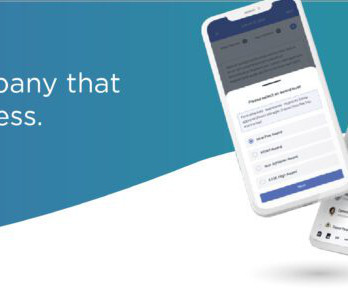
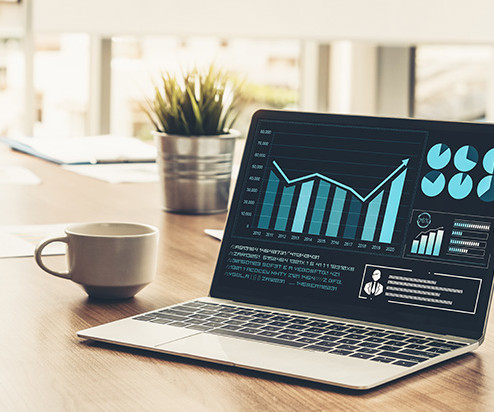



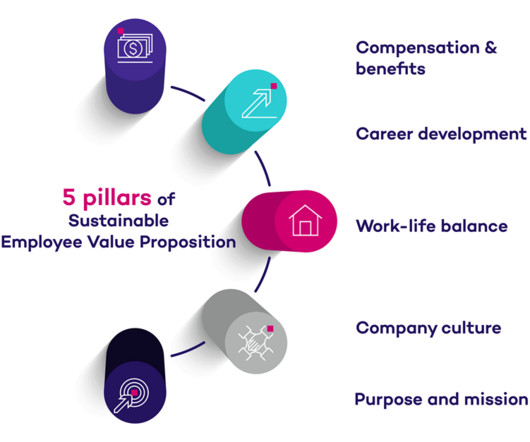
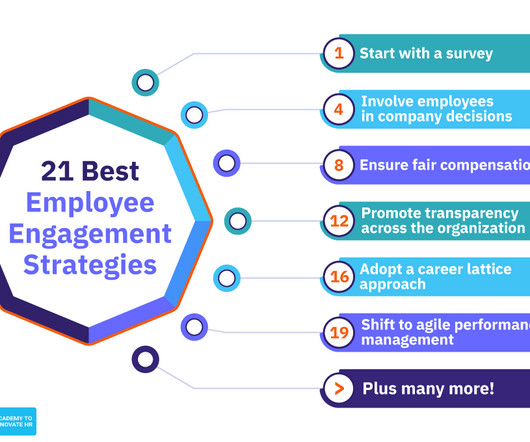
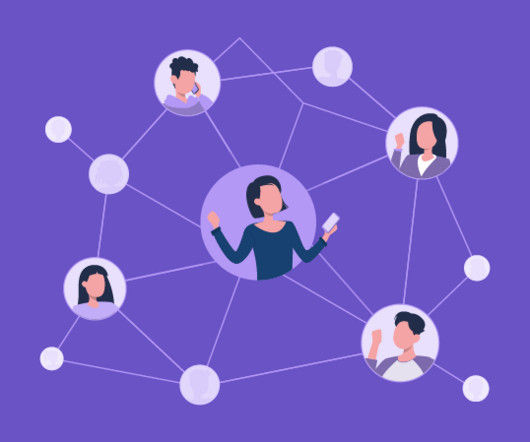












Let's personalize your content